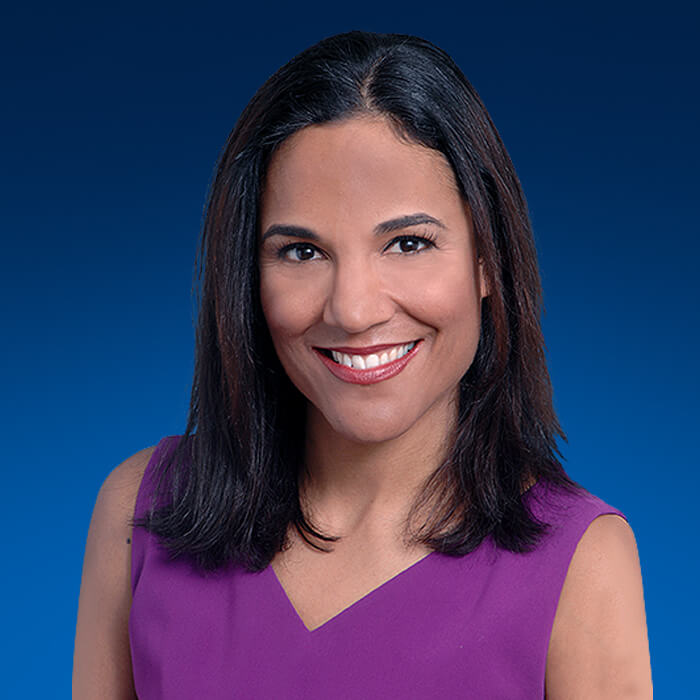Key Points
- A nuclear-armed Iran would pose a greater global threat than North Korea because of the regime’s wide international reach and power projection
- “The Great Competition” with China presents many diplomatic challenges for our next President, including transparency, accountability, human rights violations, predatory trade practices, and military build-up
- The next administration needs to maintain President Trump’s strong negotiating position with North Korea by ramping up coercive pressure and continuing the dialogue
- The Abraham Accords mark the beginning of the end of the Arab-Israeli conflict and will enable the U.S., Israel, and key Gulf partners to forge a common front to countering Iran
- Sanctions are a key component of our diplomacy and the U.S. should continue to use them to advance our national security objectives, especially the Iran Nuclear Agreement
Required Conflicts Disclosures
As the former U.S. Special Representative for Iran and Senior Policy Advisor to Secretary of State Mike Pompeo, Brian Hook knows firsthand the danger that the Iranian regime presents for the U.S.
That’s why he believes the next administration needs to prevent the leading state sponsor of terrorism from obtaining nuclear weapons. Hook says North Korea’s nuclear program originated with Iran, and that a nuclear-armed Iran would pose a greater global threat than North Korea because of its international reach and power projection. “If you want to see how the movie with Iran ends, take a look at North Korea,” he warns.
If President Trump is reelected, his “maximum pressure” policy may finally force the regime to concede, as it’s now experiencing the worst economic decline and political unrest in its 41-year history. “It’s an open question whether Iran has the resistance to overcome that kind of economic pressure for four more years,” he says.
In addition to negotiating a nuclear deal with Iran, Hook says the next President’s top national security challenges include building “fair and reciprocal” bilateral relations with China and continuing coercive pressure on North Korea. Biden’s or Trump’s achievements in these areas will likely impact our ability to maintain our competitive advantage and protect our national interests.
Here are more highlights from our discussion:
Both candidates likely to support an Iran nuclear deal
Although they may approach it differently, Hook believes both Biden and Trump will support a nuclear deal with Iran. But if reelected, Trump’s potential deal would differ from the 2015 Joint Comprehensive Plan of Action (JCPOA). A potential new deal will probably include “nuclear, missile, and regional aggression elements,” he explains.
Despite the crippling sanctions imposed against Iran, there have been reports of increased Iranian crude export volumes on the market. But Hook insists that U.S. enforcement of the current sanctions policy has been exceptionally rigorous. He notes that China previously busted its sanctions by importing 200-300 kb/d from Iran, but penalties imposed by the U.S have kept the country’s current imports far below prior levels.
Bilateral relations with China must be “fair and reciprocal”
Hook believes China represents the preeminent national security concern for our next President. “The Great Competition,” with China brings many diplomatic challenges, including adherence to the rules-based international order, accountability, human rights violations, predatory trade practices, and military build-up.
He believes there’s bipartisan support for alliances that would hold China accountable for its actions, and to ensure that “fairness and reciprocity” is core to our foreign policy. “When China says win-win, it means two wins for China…when we say win-win, it's an entirely different formula,” says Hook.
Although he is uncertain about Biden’s strategy, he says that if Trump were reelected, he will likely insist on fair trade by initiating Phase Two of the trade talks and continuing the tariffs. Referencing our 375,000 troops and 200 ships in the region, he predicts Trump will maintain a robust U.S. military presence in the Pacific.
“When China says win-win, it means two wins for China…When we say win-win, it's an entirely different formula.”
- Brian Hook, Former U.S. Special Representative for Iran and Senior Policy Advisor to Secretary of State Mike Pompeo
Hook adds that the China rivalry won’t necessarily lead to conflict or confrontation, but adds that it might be wise for the U.S. to keep a “very close eye on” the risks in the South China Sea and Taiwan.
Maintain pressure and keep up the dialogue with North Korea
It will be critical for either Biden or Trump to maintain a coercive stance with Kim Jong Un regarding its nuclear weapons strategy, advised Hook.
By engaging in “historic” diplomacy with the North Korean leader, Hook believes Trump eased tensions considerably since he took office. He adds that Trump developed a strong negotiating position by ramping up pressure, while leaving the door open for continued dialogue.
Abraham Accords shifts burden of Middle East conflicts to our allies
Our next President may have fewer challenges managing Middle East tensions, thanks to the Abraham Accords, the Israel-UAE-Bahrain normalization agreement.
Hook, who worked on the deal with Jared Kushner, says it marks the beginning of the end of the Arab-Israeli conflict and will foster burden sharing among our allies. “The Abraham Accords are great news for our foreign policy, because it means we have less to do in the region,” he says.
The agreement will enable the U.S., Israel and key Gulf partners to forge a common front to counter their common enemy Iran, he adds. Hook hopes that more Middle Eastern nations will pursue normalization with Israel, and believes the Saudis made an important decision to open its airspace to Israeli flights to or from the UAE.
Sanctions are a key element of our diplomatic toolkit
Despite the potential limits of sanctions pressure, Hook insists that they are a key component of our diplomacy and that the U.S. should continue to use them to advance our national security objectives, especially the Iran Nuclear Agreement. He says our sanctions policy not only collapsed Iran’s economy, but also forced Hezbollah to implement a fundraising campaign after its inflows dried up.
“If we decide that we shouldn't put any economic pressure on Iran because it may have monetary consequences, we’re putting American lives at risk; That's not a theoretical or abstract concern, it's a very real-world concern,” he concludes.
This discussion with Brian Hook is part of the series, “Beyond the Ballot with Helima Croft.” To listen to the next virtual session live, or for more information about Helima Croft’s research report “Beyond the Ballot: Brian Hook” published on October 20, 2020, please contact your RBC representative.



